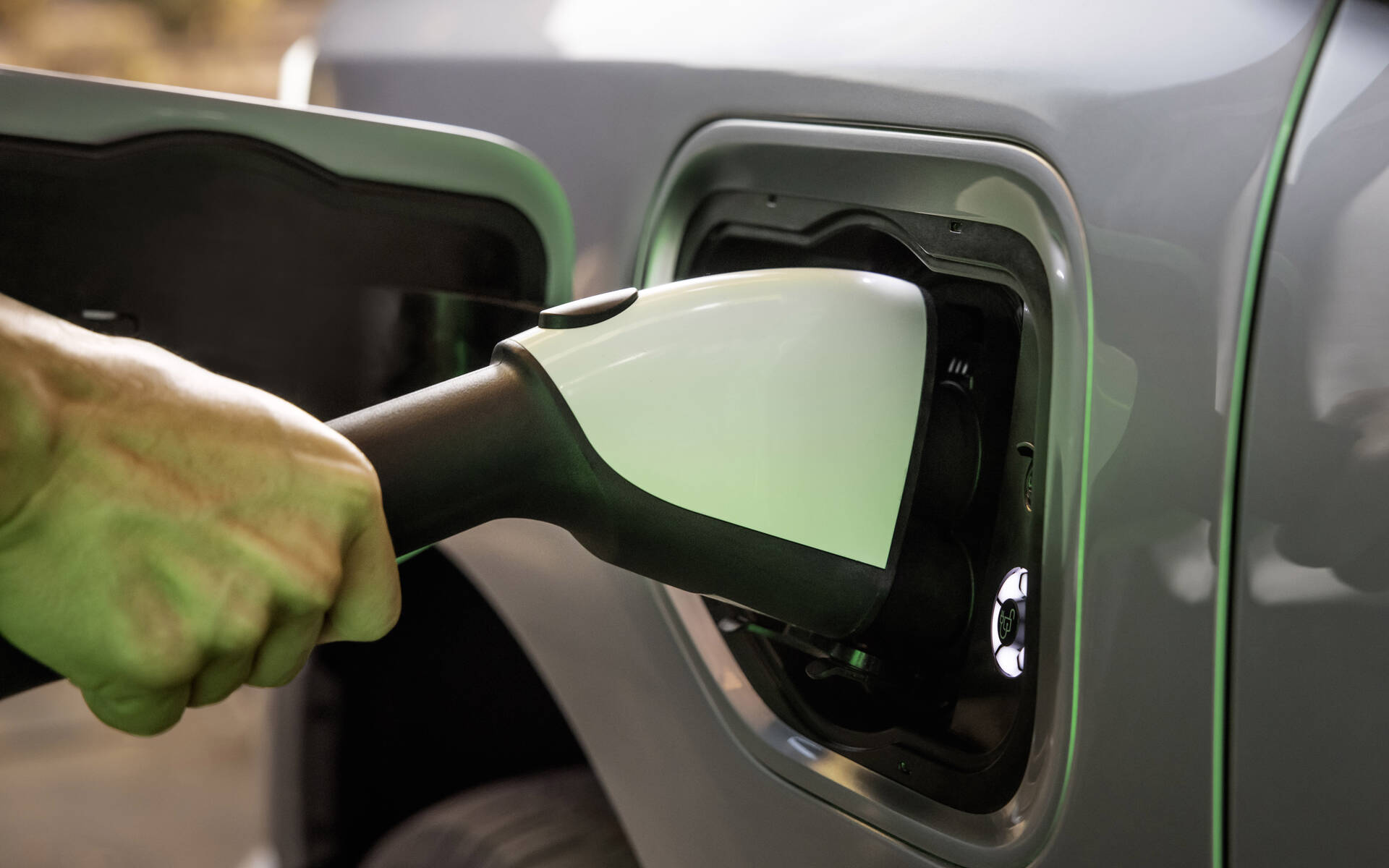Ottawa Adds $73M to EV Rebate Program, More to Come in 2022
The Government of Canada is injecting more money into its Incentives for Zero-Emission Vehicles (iZEV) Program to encourage more people to make the switch from conventionally powered models to electric vehicles. The annoucement was made this week as part of Finance Minister Chrystia Freeland’s fall economic statement.
An additional $73 million will allow Transport Canada to continue offering purchase incentives for zero-emission vehicles until the end of March 2022, which is when the next federal budget is due.
- Also: Tesla Model 3 Prices Go Up, Federal EV Rebate No Longer Applies
- Also: 2021 Jeep Wrangler 4xe Pricing Announced, Some EV Rebates Apply

Since coming into effect on May 1, 2019, the iZEV program has received nearly $660 million. The first $300 million were scooped up in less than 20 months.
Last year, Ottawa budgeted another $287 million, but only $48 million were still available at the end of October, meaning the program would have run out of money early in 2022.

Same Incentives, But…
The size of the incentives allocated to buyers and long-term lessees is unchanged, mind you. We’re talking out $5,000 for battery-electric, hydrogen fuel cell, and long- range plug-in hybrid vehicles with a battery capacity of at least 15 kWh. Shorter-range plug-in hybrids with a battery capacity of less than 15 kWh are eligible for up to $2,500.
In the past few days, Transport Minister Omar Alghabra hinted that the next federal budget will also accommodate used electric vehicles as well as more expensive new electric vehicles, such as the latest SUVs and pickups expected on the market next year. Could models like the Ford F-150 Lightning possibly be included? We’ll see.












